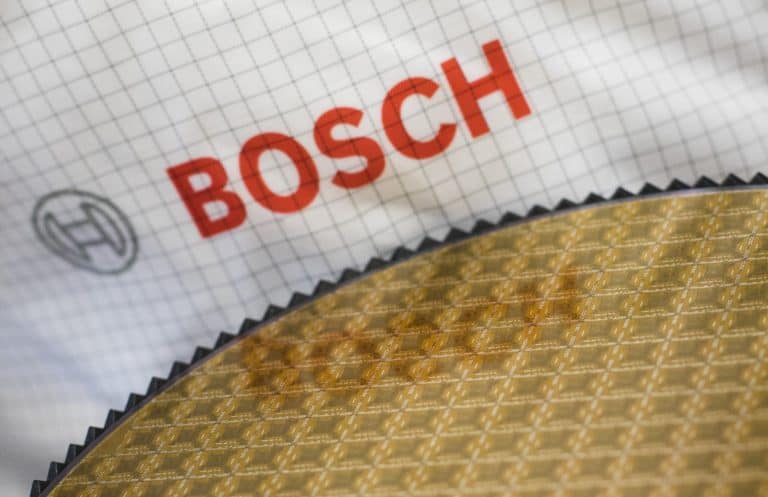The new wafer fab will boost the company’s microelectronics capacity. It will be fully controlled and connected using artificial intelligence.
When will it release and how will it work?
The new wafer fab by Bosch will be produced in Dresden from July, which is six months earlier than initially planned. After that, the semiconductors created in the new wafer fab plant will be installed within Bosch’s power tools. The chip production will begin in September, approximately three months before it was planned for the automotive industry.
This new factory plays an essential part within the semiconductor manufacturing network. It will also be a way for Bosch to strengthen Germany as a primary location for business and technology. The Minister-president of Saxony, Michael Kretschmer, said, “The new wafer fab is good for Europe, Germany, and Saxony. It means many new jobs in a huge growth industry. This billion-euro investment strengthens Silicon Saxony and the entire European semiconductor industry.”
Why semiconductors are important for improving road safety and standards of living
Semiconductors shaped like microchips can be found in pretty much all technical devices such as fitness bracelets, televisions, and smartphones. Semiconductors also help cars work. Member of the board of management of Bosch, Harald Kroeger, stated: “Semiconductors are the building blocks of progress. Electronic components equipped with chips from Dresden will make applications such as automated and resource-conserving driving possible, as well as the best possible occupant protection.”
Once the work on creating the new wafer fab will be completed, it is estimated that the workforce will grow by more than 700 workers.
How is this wafer fab different?
The new AI algorithm installed within the wafer fab can detect all anomalies within their products. The wafer fab is highly advanced and can help collect a wide range of data every day. Using it can be a definite differentiator for manufacturing businesses.
